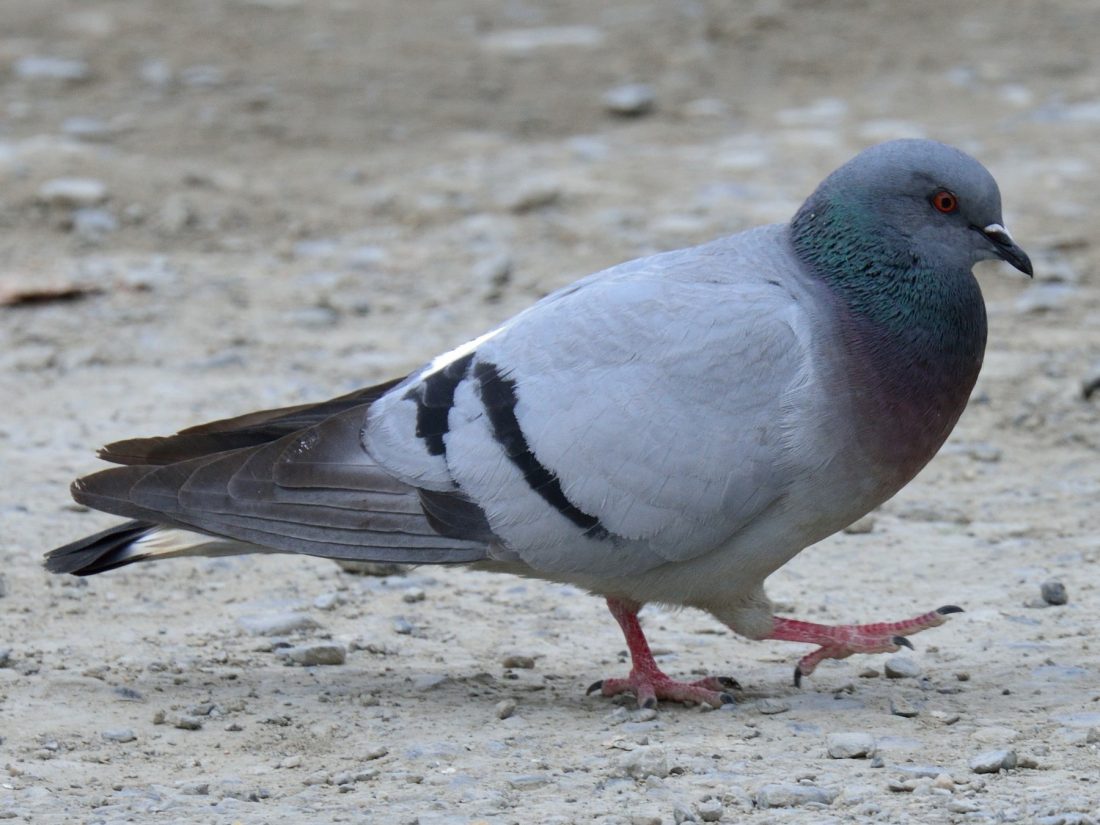Although pigeons are one of the most common urban animals in America, they’re also one of the most common animals you shouldn’t feed. We know how tempting it can be to feed pigeons. However, there are so many problems that can show up if you feed pigeons in public, although things worsen if you feed them around your home. So, here’s why you shouldn’t feed pigeons around your home.

Pigeons are Feral
While this might come as a surprise to many, pigeons are feral. The domesticated pigeon died off years ago, meaning that all the pigeons left are undomesticated and potentially dangerous. If you’re curious as to just what else pigeons can do, visit probirdcontrol.org for more information.
It might not seem like much of an issue at first, especially if you quickly think about what you’ve seen a pigeon does. However, there’s a lot that goes on beneath the surface that can not only put you at risk of danger but can also put your family at danger.
Feeding pigeons is an easy way for them to develop a form of attachment to your home. But that’s definitely not a good thing. Once pigeons receive free food, they’ll return at the same time almost the next day. If you mistake feeding them again, the number arriving will grow, and they’ll come back for longer.
As pigeons grow in numbers, their danger does. Feral pigeons can leave behind nests, feces, and urine wherever they go, which can prove to be dangerous. Their feces alone can bring allergens, parasites, bacteria, viruses, and any other potentially hazardous thing. In addition, their nests can tear down your gutters, ruin your house, and open up spaces for other animals.
If you find yourself viewing more pigeons around your home, animal control professionals at Animoval a Humane Wildlife Solution are ready to come to help you get rid of your pigeon problem. Although they’re not the smartest and relatively gentle, pigeons can prove quite tricky to deal with and can be potentially dangerous.
Growing Populations
If you feed a pigeon, you not only encourage it to come back but with more significant numbers and potentially with new pigeons. In addition, as you feed pigeons, they’ll likely give birth to more pigeons, which will expect food at your home. It’s incredibly important to stop this issue quickly, although you’ll need to find an expert near you. If you leave alone this problem, it’ll grow into a quick cycle that will repeat itself.
As this cycle continues, pigeon populations grow increasingly large, eventually causing significant damage to your home and its surroundings. Think pigeon droppings everywhere, nests all over, broken parts of your home, and even disease outbreaks. The more pigeons there are, the more of everything negative there is.
Additionally, there’s a lot more of something specific — feces. Pigeons poop more than 25 pounds of feces every year, meaning that for 40 pigeons arriving at your home, you’re looking at 1,000 pounds. Not only is this significant waste, but it can also prove dangerous with the number of bacteria, parasite content, and the acid inside.
Nesting
Pigeons are infamously urban animals. They’re not afraid to get near people and make themselves at home. That means using your roof space, any porch or deck space, any overhang around your home, your gutters, your chimney, and anything else they can come across.
As the population grows, you’re looking at increasing numbers of nests and a growing list of issues. However, these animals are intelligent and will find ways to fit dozens, if not hundreds or thousands of pigeons within an area as small as just your home.




